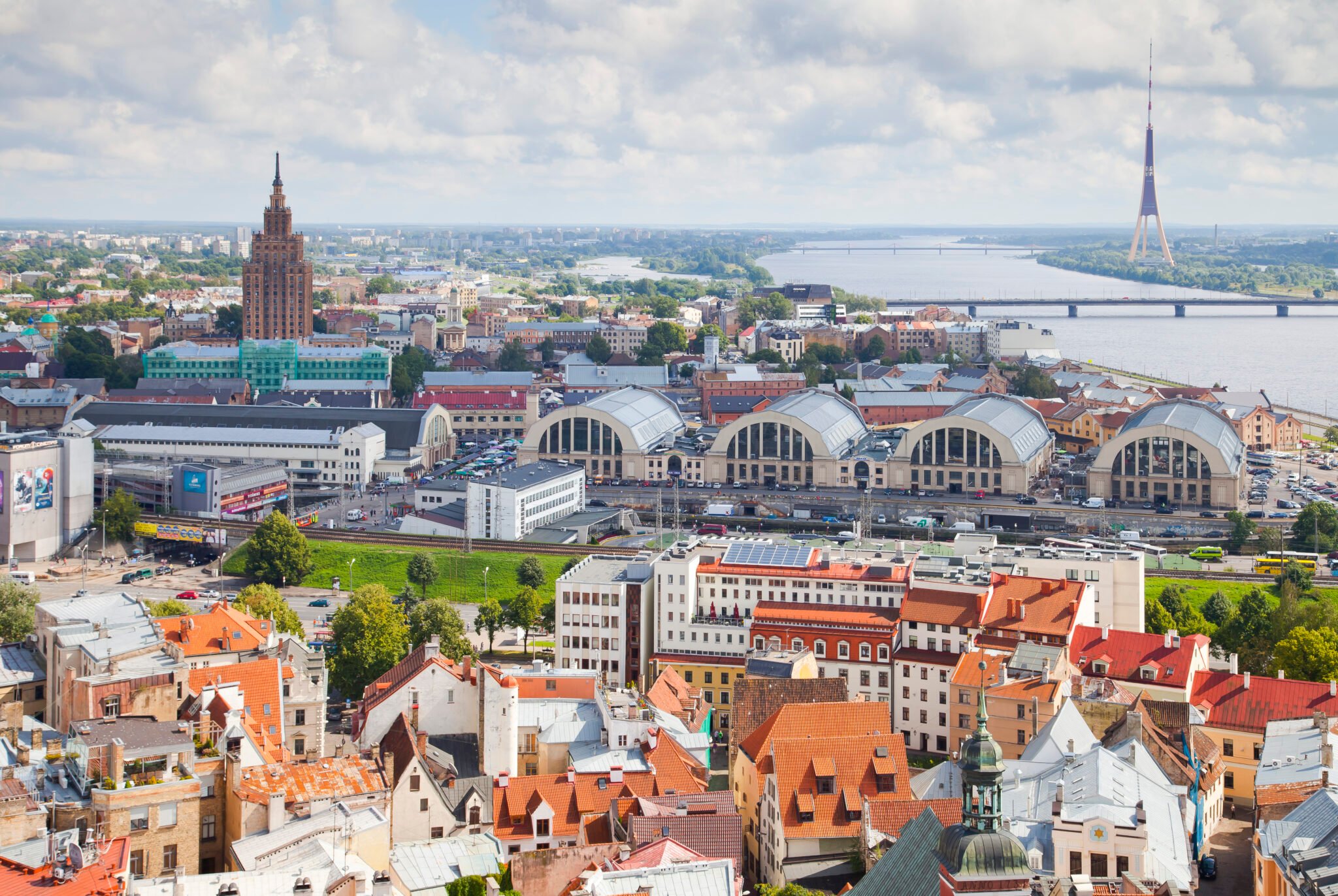Latvia, located on the Baltic Sea between Lithuania and Estonia, is known for its expansive beaches and vast, dense forests. Its capital, Riga, is renowned for its stunning wooden and art nouveau architecture, along with its medieval Old Town, where landmarks like St. Peter’s Church stand tall. Riga is also home to the sprawling Central Market and museums such as the Latvian Ethnographic Open-Air Museum, which highlights the country’s traditional crafts, cuisine, and music. The population of Latvia is approximately 1.9 million, and the country covers an area of 64,589 km².
The Latvian Judo Federation (Latvijas Džudo federācija) was established in 1973, marking the formal organisation of judo in Latvia. Judo began gaining popularity in Latvia in the post-World War II period, especially during the Soviet era, when it was introduced as part of physical education and combat training programs.
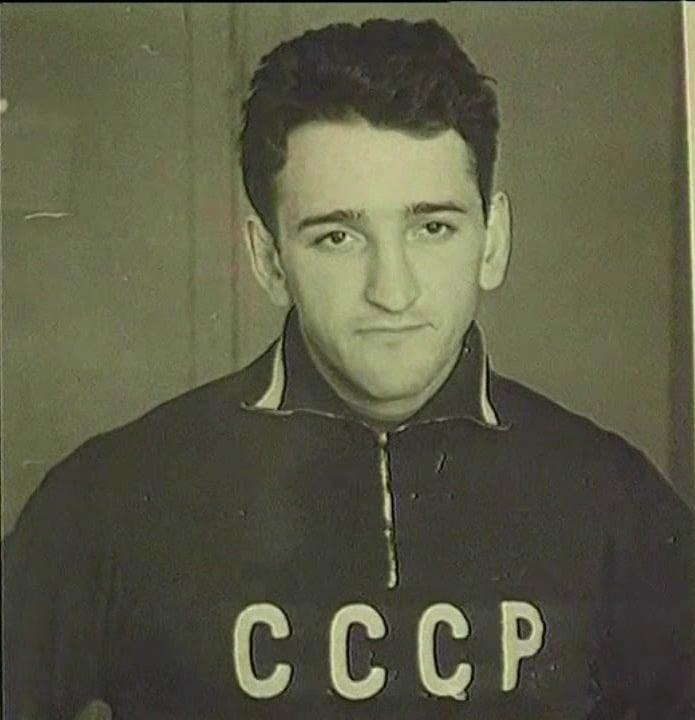
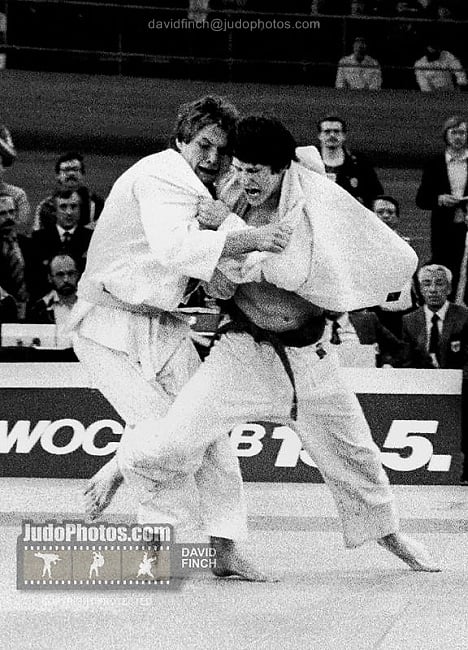
Key Milestones
Between 1973 and 1990, Latvian judoka competed under the Soviet Union’s banner, achieving notable success in both domestic and international competitions. Judo was promoted through local clubs and sports schools, establishing a strong foundation for future achievements. During this period, Arons BOGOLUBOVS, one of Latvia’s most renowned judoka, won bronze in the -68kg category at the 1964 Tokyo Olympics, representing the Soviet Union, marking Latvia’s first-ever Olympic judo medal. At the 1980 Moscow Olympics, Alexandr JATSKEVITCH added to this legacy with a bronze medal in the -86kg category, also representing the Soviet Union.
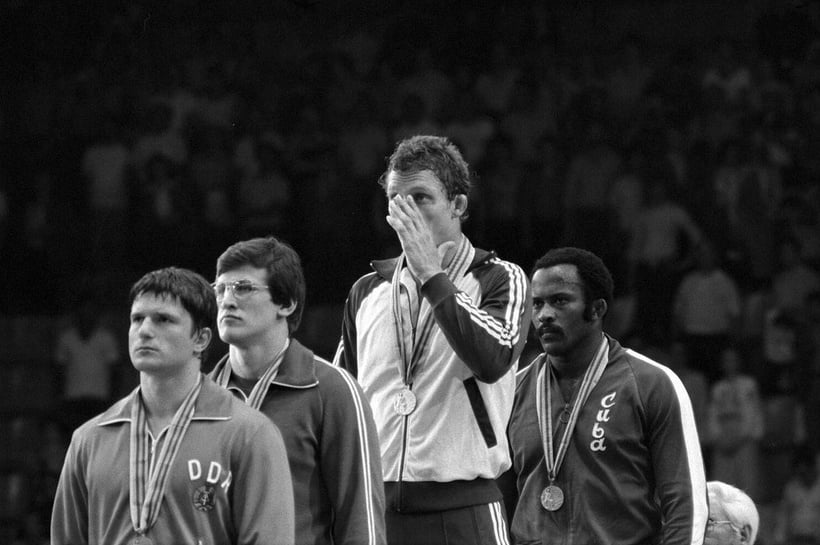
After Latvia regained independence in 1991, the Latvian Judo Federation became a member of international judo organizations, including the International Judo Federation (IJF) and the European Judo Union (EJU). This allowed Latvian athletes to compete under the Latvian flag at international tournaments, including the Olympics. Latvia’s most prominent Olympic achievement came at the 2000 Sydney Olympics when Vsevolods ZELONIJS won a bronze medal in the men’s -73kg category, marking Latvia’s first Olympic medal in judo as an independent nation. His name remains significant today, as Mr. Zelonijs is the current president of the Latvian Judo Federation.
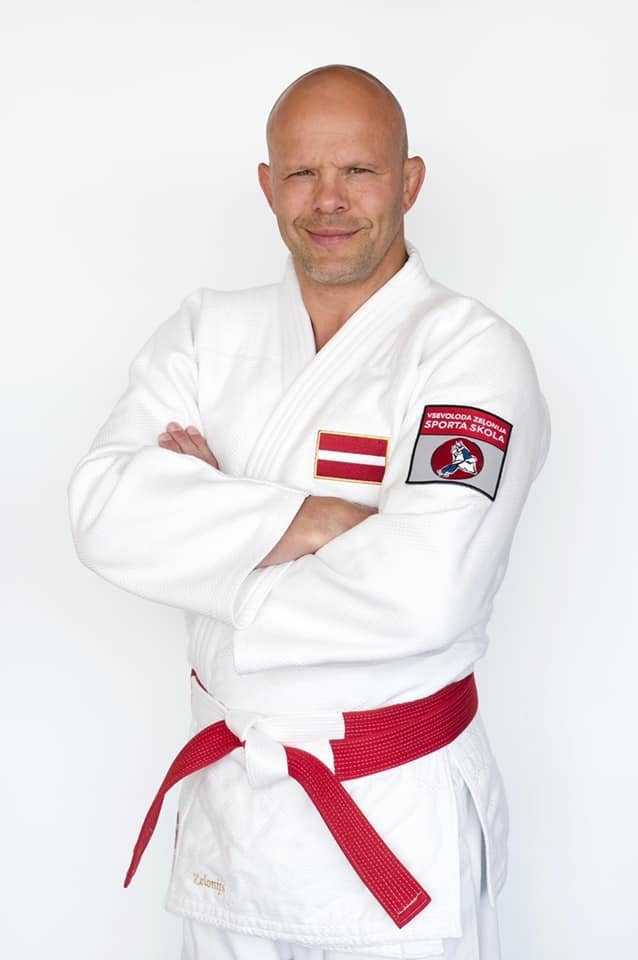
The country has produced several top-level judoka who have competed successfully in both European and World Championships. In 1997, Zeļonijs won bronze at the senior World Judo Championships, further boosting Latvia’s growing reputation in the sport. The country has earned a total of 13 senior European medals, with three gold medals won by Jatskevitch (1978, 1980, 1982). Notably, all of Jatskevitch’s titles came before Latvia’s independence, adding to his cadet European (1975), junior European (1976) and junior world (1976) titles . He has since continued to contribute to the sport, serving as the EJU Head Referee Director, sharing his talent and passion for judo.
Dedication Yields Results
In 2023, the Latvian Judo Federation celebrated its 50th anniversary, marking five decades of judo development in the country. The year was highlighted by a historic achievement from Maksims DUINOVS, who secured a junior world bronze medal in the -90kg category at the championships in Odivelas. Additionally, the federation expanded its role on the international stage, earning the rights to host two significant events in 2024: the veterans European Cup and the European U-15 Hopes Cup. This brings the federation’s total hosting to four events this year, including the senior European Cup and the upcoming cadet European Cup this weekend.
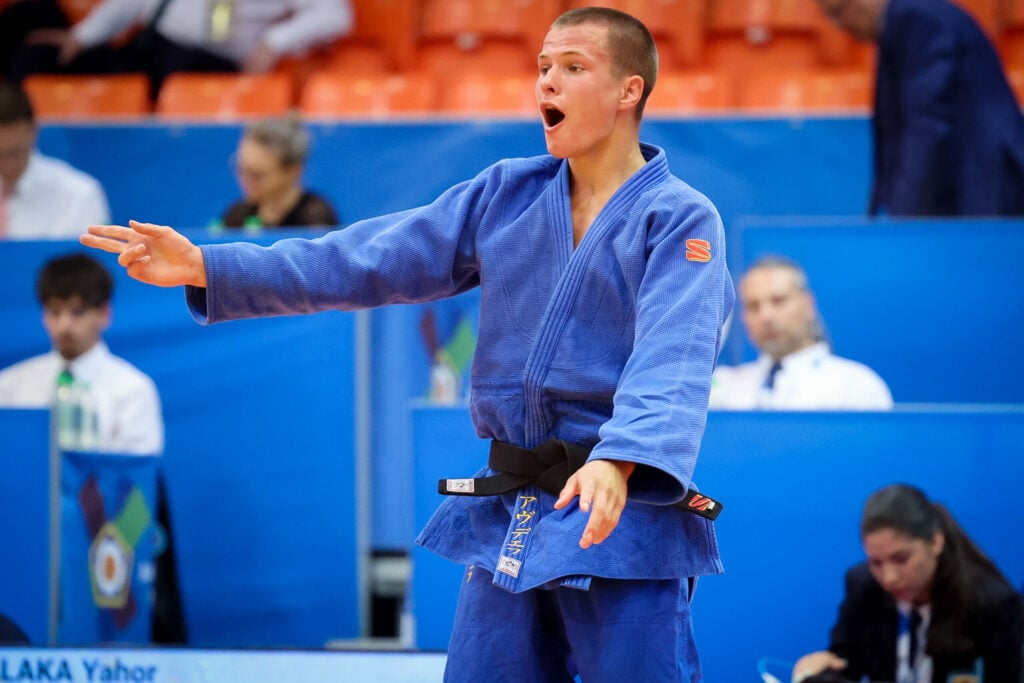
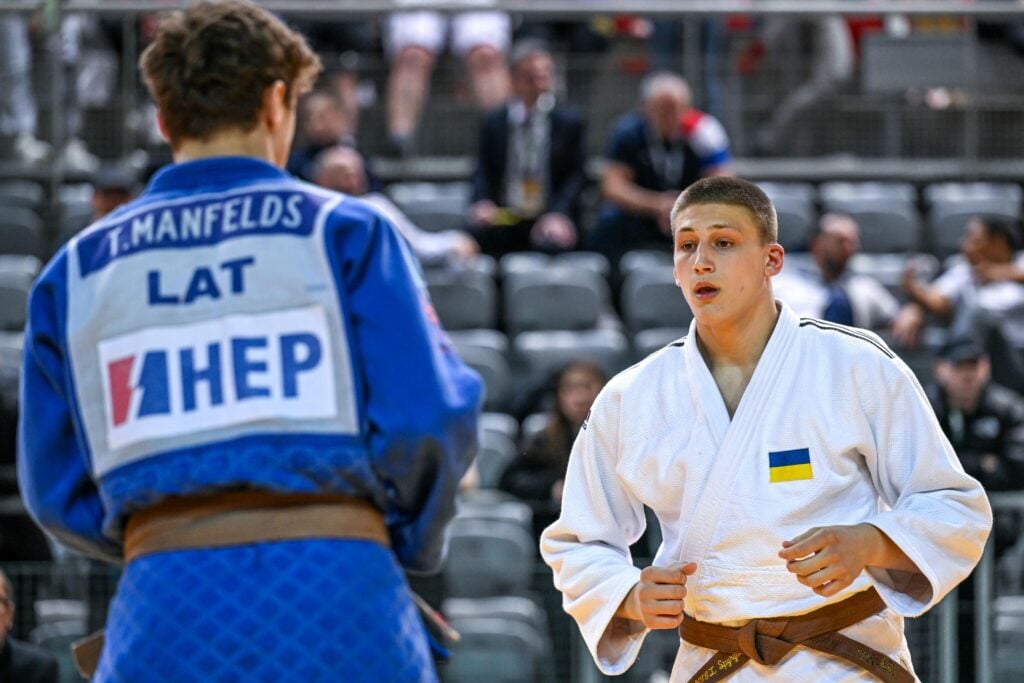
In 2024, Latvia added six more medals to its expanding veteran European tally. Gold medals were won by Viktor RESKO and Vsevolods ZELONIJS, while Sandra BARBAKA and Gunars KIRSONS secured silver. Bronze medals were claimed by Aigars MILENBERGS and Andrejs GEVLA. Additionally, Latvia celebrated two Cadet European medals this year, earned by Aleksandrs AVDEJEVS (-73kg) and Tomass MANFELDS (-90kg).
Today, the Latvian Judo Federation oversees 39 judo clubs and a community of about 4,000 judoka. The federation focuses on promoting the sport at all levels, from grassroots development to elite competition. Through these efforts, Latvian judo continues to grow, contributing to both the national sports culture and international judo competitions. With their dedicated efforts, it comes as no surprise that Latvia will host the 2025 European Judo Championships Veterans and Kata.
Off the mat…Did you know?
- The next time you slip into a pair of jeans, you can thank Latvian-born tailor Jacob Davis. In 1871, while living in Reno, Nevada, he created denim as a durable fabric for trousers. His invention led to a lucrative partnership with fabric merchant Levi Strauss, laying the foundation for the iconic jeans we know today.
- Latvian is one of the oldest languages in Europe, with a history spanning over 5,000 years. It shares similarities with Sanskrit, the ancient language of India.
- The world’s first spy camera, known as the VEF Minox, was invented in Latvia in 1937. This innovative film camera measured just 8.73mm in width.
- The first Christmas tree was decorated in Latvia in 1510, adorned with bouquets of ribbons, dried flowers, straw dolls, and fruits.
- Latvia is home to Europe’s widest waterfall, the Ventas Rumba, which spans an impressive 249 meters in width.
Cover Image: Diego Delso
Author: Szandra Szogedi



